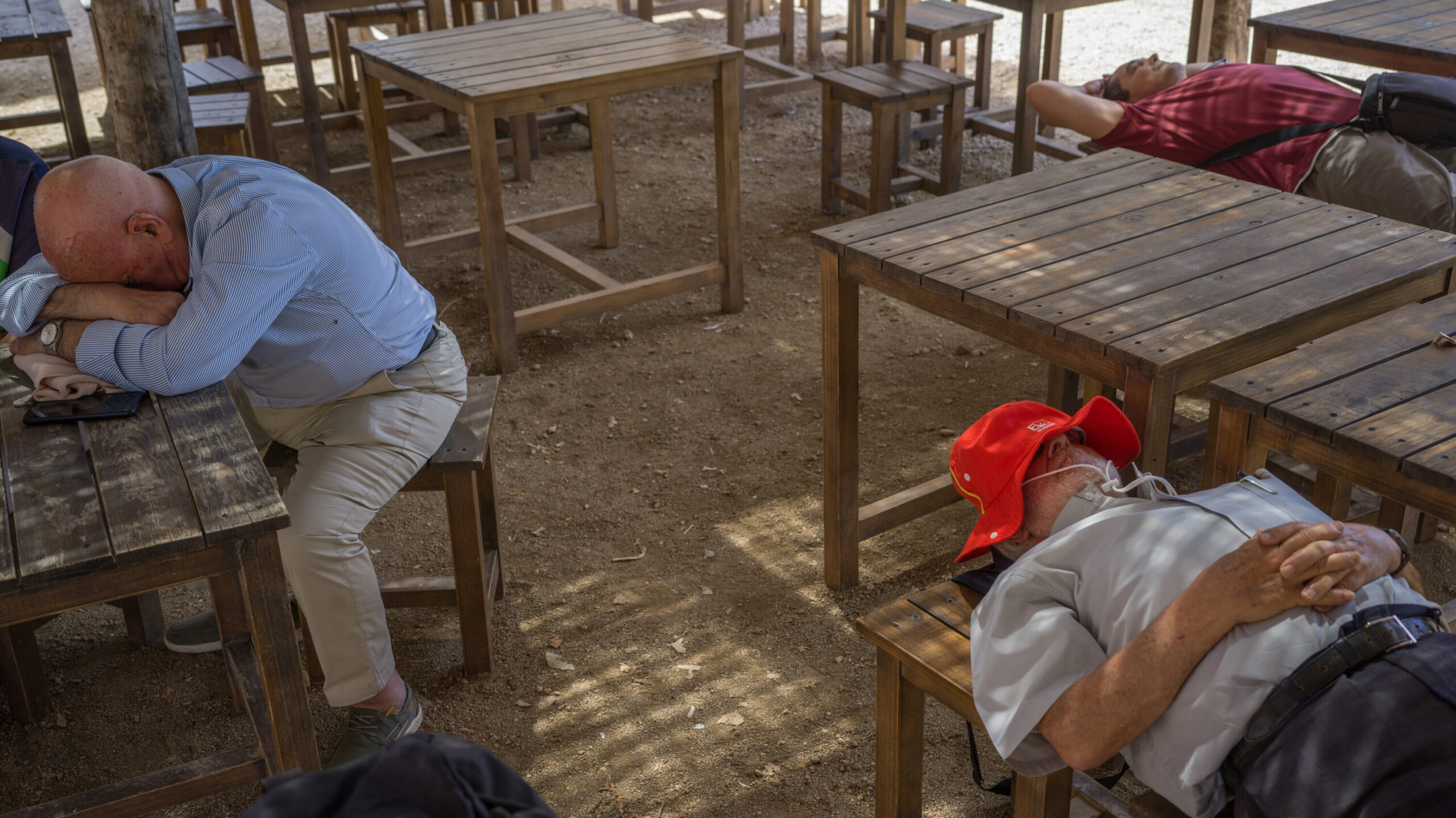Heatwaves are the new normal
As record-breaking heatwaves become the new normal, the Financial Times listed the industries that need to brace themselves for changes to the way they do business. The impact of extreme heat is far-reaching, affecting critical infrastructure, worker productivity, and industry operations across the board.
The industries that are already impacted today
The tourism industry, especially in regions like the Mediterranean, is highly vulnerable to heatwaves. Historical sites are being closed temporarily for safety reasons, impacting revenues and visitor numbers.
The construction industry faces challenges as extreme heat affects materials and project timelines. Steel warping and concrete setting can quickly lead to additional costs and delays.
Manufacturing industries see reduced equipment efficiency and increased operational costs due to extreme heat. Water scarcity is also disrupting production processes.
Agriculture is hit hard, with decreasing crop yields leading to rising prices and food insecurity. Corn, a major US crop, is already losing revenue due to extreme heat.
Insurance costs are set to rise across sectors as climate change increases the frequency and severity of extreme weather events. Insurers face significant losses from crop failures, wildfires, and property damage.
As temperatures rise, workers become less productive. Companies are exploring measures like misting and shifting working hours. Passive cooling techniques, such as cool roofs and increased tree cover, may become crucial for economies.
Looking ahead
Looking ahead, adaptation will be essential for many industries as temperatures continue to climb. Climate pledges made by countries fall short of preventing irreversible changes to the planet. The heat is on.


